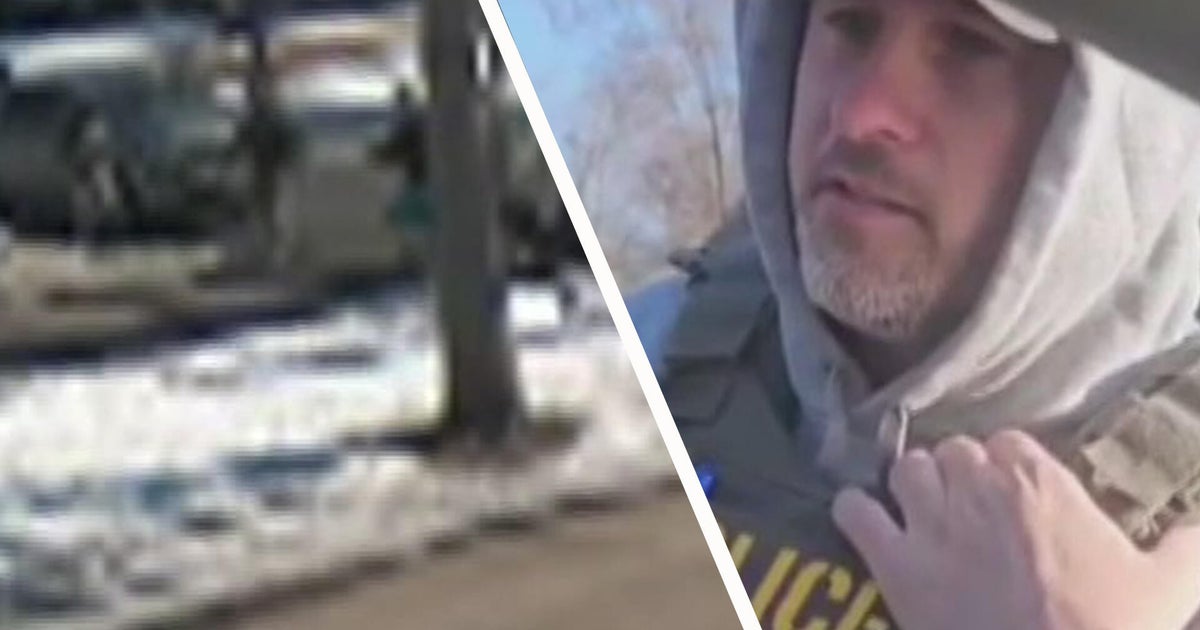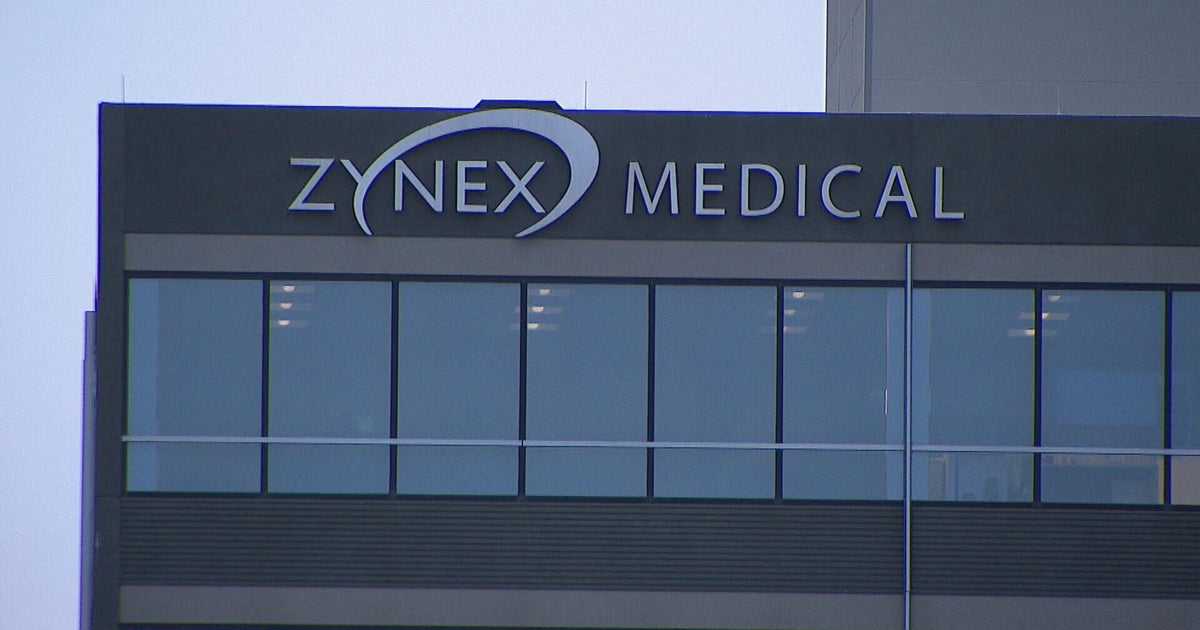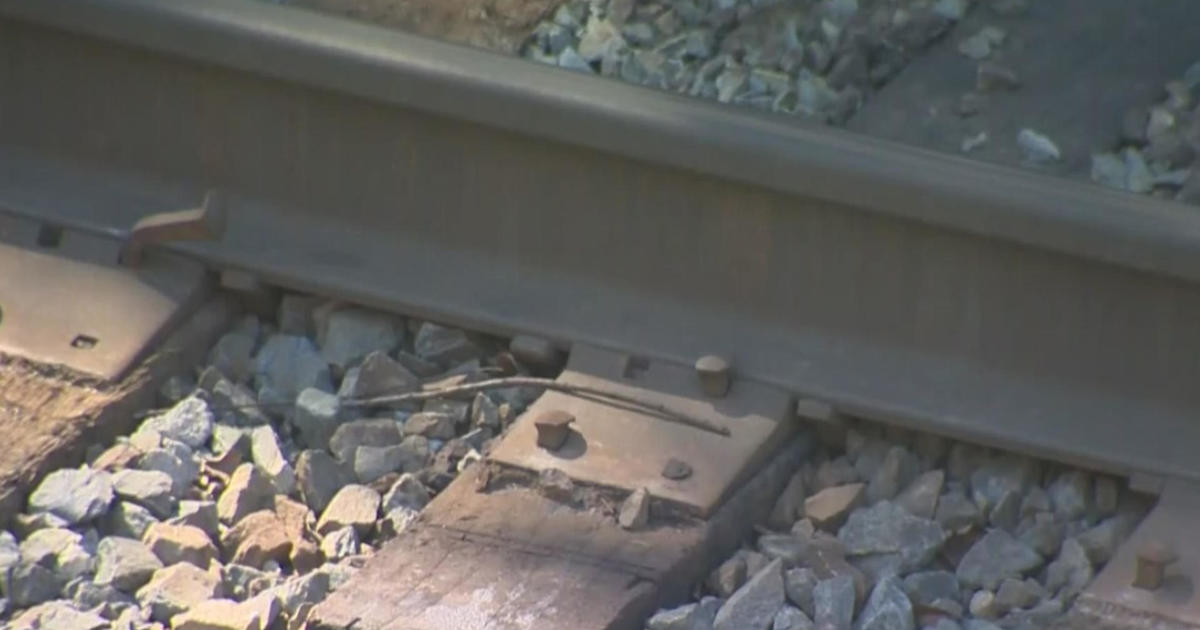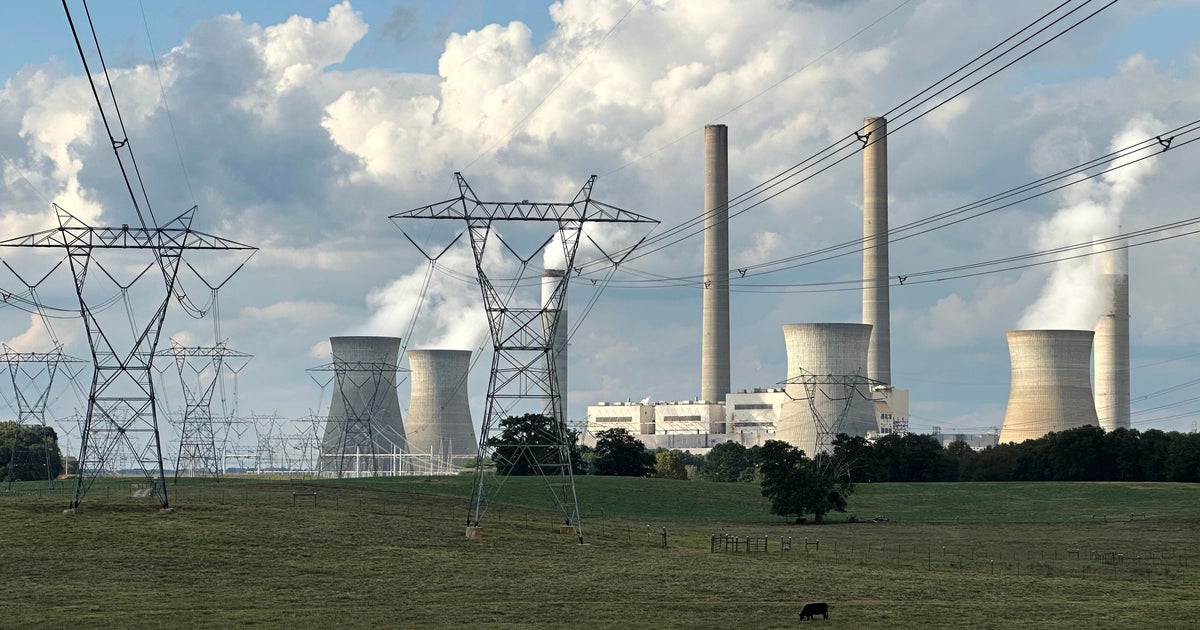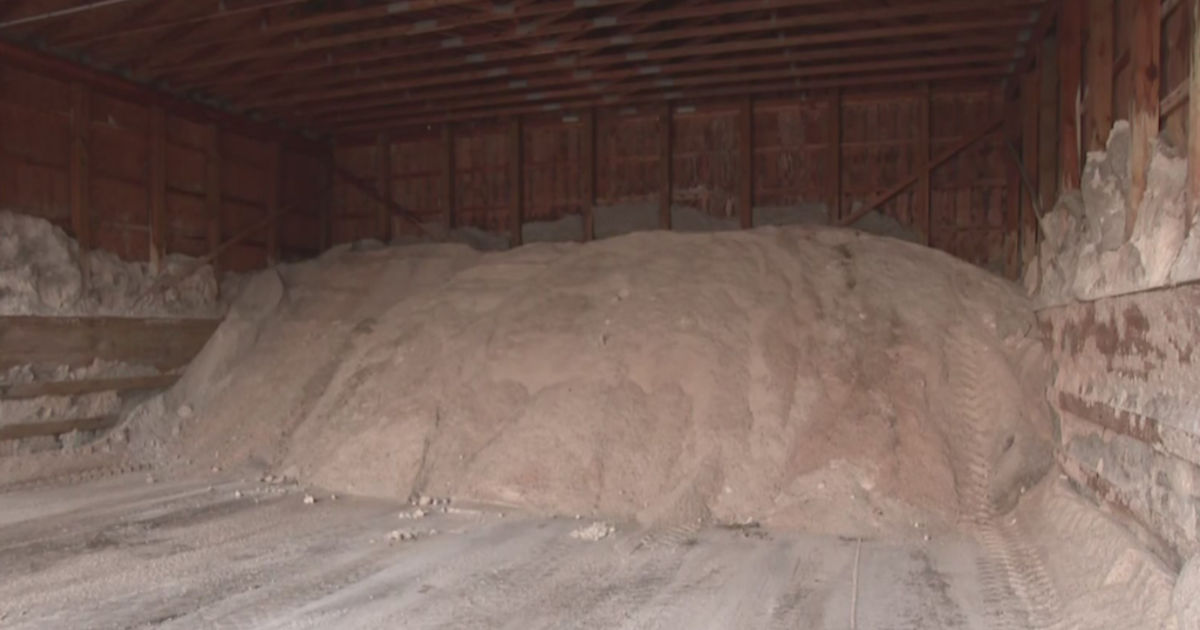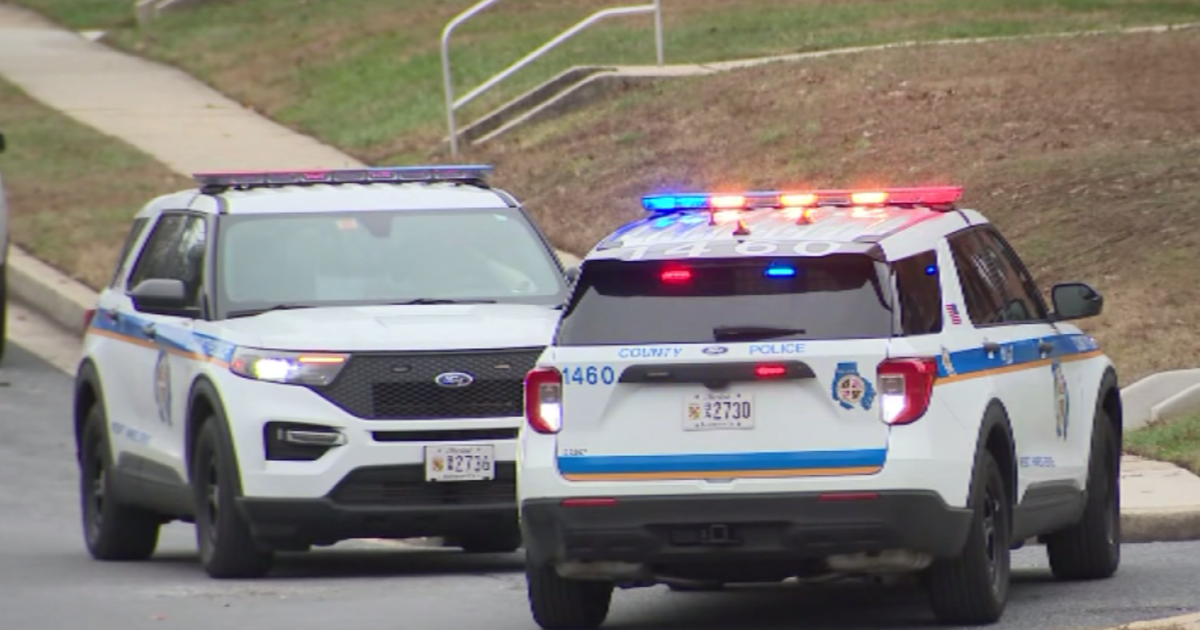How Much Trouble Is Elon Musk In?
(CNN Money) -- Tesla and Elon Musk have always made big promises. Now those promises could cause big problems.
The reason is simple: When companies make promises, shareholders count on them. And when companies fail to deliver, it can cause legal trouble.
The Securities and Exchange Commission is reportedly looking at Musk's tweet earlier this month that he had "funding secured" to take Tesla private. Musk's surprise announcement briefly sent the stock soaring.
Musk later explained that he was talking about a meeting he had had with officials of the Saudi sovereign wealth fund. He said he left the meeting with "no question" that a deal could be closed.
But he gave no indication — and still hasn't — that he had "secured" funding.
Regulators are reportedly looking at other Tesla promises, too.
The Wall Street Journal reported Friday that the SEC has subpoenaed a Tesla parts supplier in a probe into whether it misled investors last year about production of the Model 3, Tesla's least expensive electric car.
Musk originally projected the company would turn out 1,500 of them in the third quarter of last year, but it built only 260. Tesla expected to ramp up to 5,000 per week by the end of 2017, but it took six months longer.
It's possible the SEC inquiries result in no sanctions. But Musk could face a range of penalties if the SEC determines he was purposely deceptive in his tweet, or his predictions about the Model 3.
Those penalties range from a slap on the wrist to a fine to a ban on serving as an officer of a publicly traded company. The ban could be temporary or permanent, though experts say the latter is extremely unlikely.
"The SEC wants cases where the deception is black-and-white," said Brad Bennett, a securities lawyer who was formerly director of enforcement for the Financial Industry Regulatory Authority. "It doesn't want a case where things that turn on his selection of vocabulary."
Those are all civil penalties. Criminal charges are reserved for officers who are accused of repeatedly and willfully presenting false information.
But even if the SEC doesn't find he crossed the line, Musk and Tesla face legal problems from shareholder suits.
Investors have already filed two lawsuits against Tesla over Musk's "funding secured" tweet.
And a class-action suit filed by investors in federal court last year questions the Model 3 projections.
Tesla argues in that case that the Model 3 forecasts were within reach at the time, and that it even warned the task would be difficult. Tesla is seeking to have the suit thrown out; a hearing is set in San Francisco for the end of this month.
Beyond the legal problems, Tesla is at risk of losing some potential customers who are apparently frustrated with the company's failure to keep its promises.
Customers have to put down a refundable $1,000 deposit to reserve a Model 3, then pay $2,500 more when the time comes to choose the specific version they want to buy.
More than 300,000 customers put down the deposits during the first week that Tesla accepted orders, in April 2016. Now customers are increasingly seeking refunds, according to Rajvindra Gill, an analyst for Needham & Co.
Tesla denied a claim by Gill that refunds were outpacing new deposits for the Model 3. And this month it reported that the amount of money held on deposit from customers rose during the second quarter, suggesting that new orders are still increasing.
Tesla declined to comment on the reports of the various SEC probes, as did the agency.
© Copyright 2018 CNN. All Rights Reserved. This material may not be published, broadcast, rewritten or redistributed.

